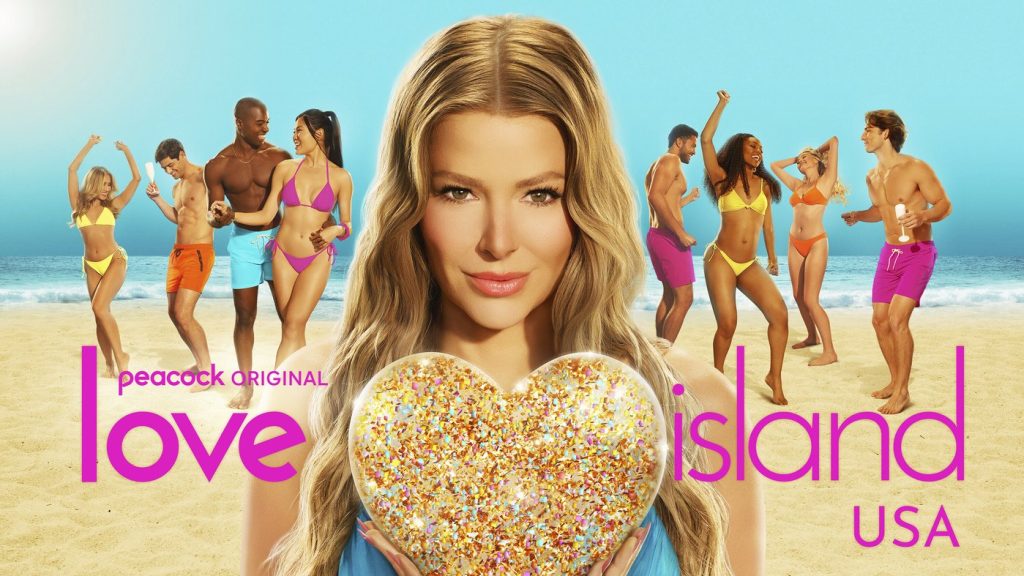Dating has evolved significantly over the years, transitioning from traditional options like dinner and movies to a complex landscape dominated by smartphones, matchmaking apps, and social issues such as racial preferences in partners. A current focal point in these discussions is "Love Island," an international reality TV franchise that has ignited debates around the desirability of Black women and darker-complexioned individuals on and off-screen.
The show, which recently concluded its seventh season in the U.S. and is currently airing its twelfth season in the U.K., features conventionally attractive contestants typically in their 20s living together in a luxury villa. They compete for both love and a cash prize, but the series exposes viewers and participants alike to underlying notions of desirability, often raising uncomfortable questions surrounding racial bias, colorism, and misogyny.
Critics have pointed out that Black women often face significant challenges in the competition, with many instances where they are chosen last or eliminated first. Audience members have noted a disturbing trend where suitors often gravitate toward lighter-skinned contestants, dismissing Black female participants even when they meet the "ideal" criteria of attraction. Contestants have reported a need to adjust their expectations about intimacy to align with what seems predominantly favored by male contestants.
Oghosa Ovienrioba, a London-based content creator, remarked on the lack of diversity in the U.K. version of "Love Island," calling it notably anti-Black. She expressed a more favorable view of the U.S. adaptation, stating that darker-skinned Black women on "Love Island USA" often find respectful partners who appreciate and desire them. Viewers have often cited episodes where Black female contestants appeared to be the last picked, underscoring a broader culture of preference that disadvantage these women in the show's dynamic.
In one notable exchange from the U.K. version, contestant Alima Gagigo, a Black woman, coupled up with Blu Chegini, a white man, who bluntly stated, "on paper, you’re not my type." Although he did not explicitly mention race, this comment resonated with viewers and raised concerns about implicit biases navigating personal preferences.
Despite ongoing concerns, some participants in the U.S. version have reported enjoying a more favorable reception. JaNa Craig, who competed in the sixth season of "Love Island USA," reflected on her experience, noting that while she felt a sense of pride in being a fan favorite, she also perceived an underlying belief among some male contestants that darker-skinned women like her might be less desirable. Craig expressed the pride she felt when informed by other Black women of the positive impact her presence had on the show.
Academics suggest that the treatment of Black women on shows like "Love Island" echoes broader societal attitudes toward race and gender, encapsulated in the term "misogynoir," which conveys contempt for Black women rooted in racial stereotypes. While participants display preferences regarding physical traits, such inclinations can reinforce deleterious notions of beauty, especially concerning Black women.
There is a call for producers to use the platform of "Love Island" to challenge rather than perpetuate harmful stereotypes. Alexandria Beightol, a civil rights advocate, emphasized the need for diverse representation among producers, suggesting that their perspectives could help anticipate and address the issues of bias displayed on-screen. The need for a more inclusive and nuanced portrayal of desirability is critical, especially as the show continues to gain popularity and influence.











